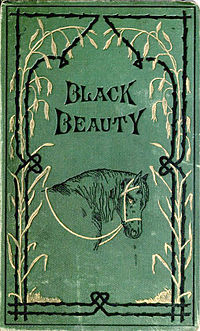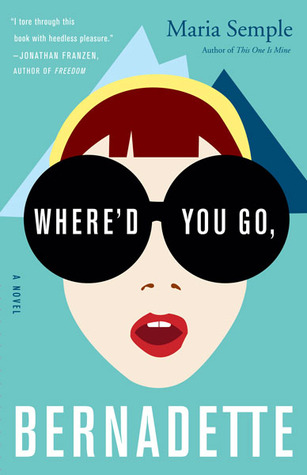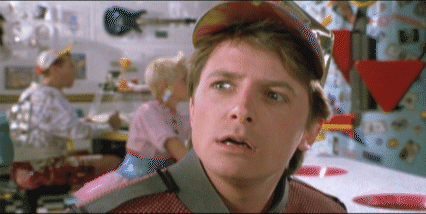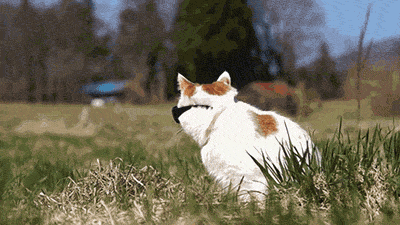 TransAtlantic by Colum McCann
TransAtlantic by Colum McCannRandom House - June 4, 2013
320 pages
Newfoundland, 1919. Two aviators--Jack Alcock and Arthur Brown--set course for Ireland as they attempt the first nonstop flight across the Atlantic Ocean, placing their trust in a modified bomber to heal the wounds of the Great War.
Dublin, 1845 and '46. On an international lecture tour in support of his subversive autobiography, Frederick Douglass finds the Irish people sympathetic to the abolitionist cause--despite the fact that, as famine ravages the countryside, the poor suffer from hardships that are astonishing even to the American slave.
New York, 1998. Leaving behind a young wife and newborn child, Senator George Mitchell departs from Belfast, where it has fallen to him, the son of an Irish-American father and a Lebanese mother, to shepherd Northern Ireland's notoriously bitter and volatile peace talks to an uncertain conclusion.
These three iconic crossings are connected by a series of remarkable women whose personal stories are caught up in the swells of history. Beginning with Irish housemaid Lily Duggan, who crosses paths with Frederick Douglass, the novel follows her daughter and granddaughter, Emily and Lottie, and culminates in the present-day story of Hannah Carson, in whom all the hopes and failures of previous generations live on.
(Spoiler level: Minor/moderate)
Whew! That was about the longest summary I've ever had to find. I tried to condense it as much as possible, but then I wouldn't get the whole story.
So, I picked this book up because I saw two things that interested me: Ireland and strong women. There are about four stories shown, and so it's really a motley semi-anthology.
Lily Duggan/Frederick Douglass: I really enjoyed this one. It may have been my favorite part of the entire thing. I liked Frederick Douglass's descriptions of the potato famine and his interactions with the various Irish people. Lily Duggan was barely mentioned in the first part except when she ran off to America after meeting Douglass. I'm not sure I would have enjoyed page upon page of description of a seventeen-year-old Irish maid going about her daily business, though.
Emily Ehrlich/Alcock and Brown: This one I had more mixed feelings about. I enjoyed the broken family/single mom aspect of Emily and her daughter Lottie, but later Emily marries one of the aviators in something I found a little too hard to believe. The Emily story had the main part of TransAtlantic, which was a letter that Alcock and Brown were supposed to deliver from Newfoundland to Ireland. I preferred the first part of this story to the second.
Lottie Carson (nee Ehrlich)/George Mitchell: I wasn't as big a fan of this one. I think it was because I wasn't much a fan of George Mitchell. Well, he at least wasn't that great in what I read. He could be a perfectly nice man in real life. In the story, though, he has a much younger wife and a newborn that he said he was so sad to leave behind. Lottie, on the other hand, I enjoyed. Good books should make you feel something, and I generally felt bad for her when she tried to play tennis but was much too old.
Hannah Carson: Ah, now the interesting part of the Hannah Carson story, as I'm sure you've noticed, is that she meets no one famous. Hannah has no living family now that her mother Lottie and son have both died, the former of old age and the latter of The Troubles. Her story mainly revolves around whether or not to open the letter that Alcock and Brown carried across the Atlantic. While certainly interesting, it didn't captivate my attention like the others.
Overall comment: One of my biggest pet peeves in any novel is when they try to do something creative with the dialogue. In some books they only put one quotation mark to either side instead of two. In Mockingbird, which I detested for other reasons as well, people talked with italics. In TransAtlantic, people talk with an emdash followed by straight text. No quotation marks or anything. I am not a fan.
Grade: B+










